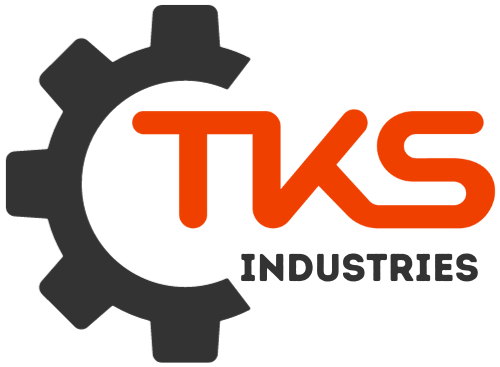[ad_1]
Powering Progress: A Look at the Thriving Machine Company Industry
The world hums with the industrious rhythm of machines. From the massive industrial giants in factories to the intricate microchips in our smartphones, these mechanical marvels are the backbone of modern civilization. The industry that brings these creations to life – the machine company industry – is a vast and dynamic ecosystem, constantly evolving to meet the ever-changing needs of society.
A Tapestry of Industries:
Machine companies encompass a dizzying array of specialties. There are:
- Heavy Machinery Manufacturers: Crafting colossal construction equipment, mining drills, and agricultural machinery that move mountains and cultivate fields.
- Precision Engineering Firms: Building intricate components for aerospace, medical, and automotive industries, pushing the boundaries of miniaturization and complexity.
- Robotics and Automation Specialists: Developing intelligent systems that automate tasks, enhance efficiency, and reshape industries.
-
Tooling and Die Manufacturers: Creating the molds and dies essential for mass production, ensuring uniformity and precision in countless products.
Driving Forces of Growth:
Several factors are propelling this industry forward:
- Technological Advancements: The integration of AI, machine learning, and the Internet of Things (IoT) is revolutionizing machine design, enabling smarter, interconnected, and more efficient machinery.
- Industrial Automation: The need to increase productivity, reduce costs, and improve safety is driving a global shift towards automation, fueling demand for robots, CNC machines, and other automated solutions.
-
Sustainability Concerns: The machine industry is responding to environmental pressures by developing more energy-efficient machines, utilizing renewable materials, and minimizing waste.
Challenges and the Road Ahead:
Despite the promising landscape, the machine company industry faces hurdles:
- Cyclical Nature of Demand: Global economic fluctuations can impact demand for machine tools and heavy equipment, leading to periods of uncertainty.
- Intensifying Competition: Globalization and technological advances have increased competition, forcing companies to innovate and optimize their operations to stay ahead.
- Skilled Workforce Shortage: The industry requires a specialized workforce with expertise in engineering, programming, and robotics, creating a growing skills gap.
Conclusion:
The machine company industry is a powerful force shaping the world around us. With continued innovation, a focus on sustainability, and efforts to address workforce challenges, this sector is poised to play a crucial role in driving global progress for years to come.
[ad_2]
